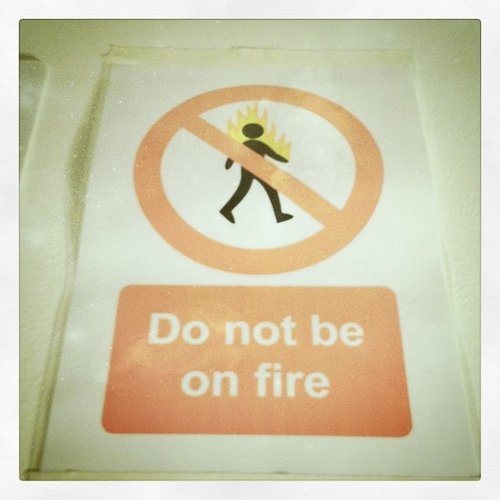Choose Your Words Wisely: Shall v Should in International Commercial Contracts
In international commercial contracts, it is extremely important to choose your words wisely. Then again, choosing the right words or saying what you mean is always important in any contract. Whether it is a business agreement or otherwise, choosing your words wisely is always important. After all, you would not want to say one thing and then have someone understand it to mean another.

In international commercial contracts it is extremely important to choose your words wisely – Shall v Should – It is wise to take the time needed to choose the right words. Machines or artificial intelligence may not be able to accurately record the intention of the parties without preset parameters.
It goes without saying that using the right words in drafting international business agreements, requires a great deal of care and attention. Even words as basic as the word ‘shall’ as opposed to the word ‘should’, require an understanding of the meaning of the words, in their ordinary usage. Or does it? The answer is as follows.
Choose Your Words Wisely Meaning: Shall v Should in International Commercial Contracts – The Paris Climate Deal
Most people would think that terms can be used interchangeably. However that is quite simply not the case. Take for example international commercial agreements concerning climate change. One in particular springs to mind. Its aims is to control global emissions. Let’s consider the Paris climate agreement of December 2015. In the Paris climate deal agreement, the US government’s international commercial contracts lawyers found the word “shall” in the contract.
International Commercial Contracts: The ‘Shall’ Problem
In international commercial contracts the word ‘shall’ can cause a problem. Unless it is understood and accepted by all parties to the contract. In the circumstances described, the word ‘shall’, did cause a problem, because the interpretation attributed to the word ‘shall’ places a positive obligation one party. The US of course, not wanting to have a strong positive obligation imposed on it. The US wanted a word that did not carry implied consequences of failing to carry out an obligation. In other words let’s not wilfully have shackles placed on us. Instead let’s have ‘get out’ clause. Or in this case, a ‘get out’ word.
“This intellectual property or defamation case should not be in the courts and that you should try to settle it, out of court.“
The Get Out Of Jail Card – ‘Should’
To borrow a phrase well known by players of the board game ‘Monopoly’, the get out jail card was the word ‘should’. I have explained the obligatory nature of the word ‘shall’. Now, let’s consider the meaning of the word ‘should’. The word ‘should’ is understood to have an advisory meaning, and does not place an obligation. I have often said to many clients, that this intellectual property or defamation case should not be in the courts and that you should try to settle it, out of court.
Clearly that is advisory in capacity and not compulsory, because settling out of court depends on a number of variable factors. Suffice it to say that the word ‘should’ gives the party to whom the advice is given the option, not to follow the advice. From the US perspective the Paris agreement was being drafted to make rich countries legally obliged to cut emissions rather than just having to try. Whereas developing countries are not legally obligated to do anything other than to try. So ultimately, the ‘should’ was inserted in place of the word ‘shall’ in the Paris climate agreement.
This momentous climate agreement was a turning point in the history of climate change and serves also, to highlight the importance of using the right words. The agreement particularly, highlights use of the words ‘should’ versus use of the word ‘shall’. In any event, the French stepped up and called it a ‘typographical error’. Thus came the amendment of the word ‘shall’ to the word ‘should’.
Choose Your Words Wisely – A Key Distinction
The distinction between the words ‘shall’ and ‘should’ reflects the very essence of the significance of using the right words – particularly in any conversation that is professional. It becomes even more vital when a person understands the nature of the words in context and their corresponding implications.
Tahir Ashraf is a commercial barrister who provides assistance in negotiations and drafting international and other commercial contracts. Contact us now to see how our commercial contracts barristers can help you with business and governance needs.


Thank you for your comment – My point exactly! Sadly most aren’t aware of the distinction.